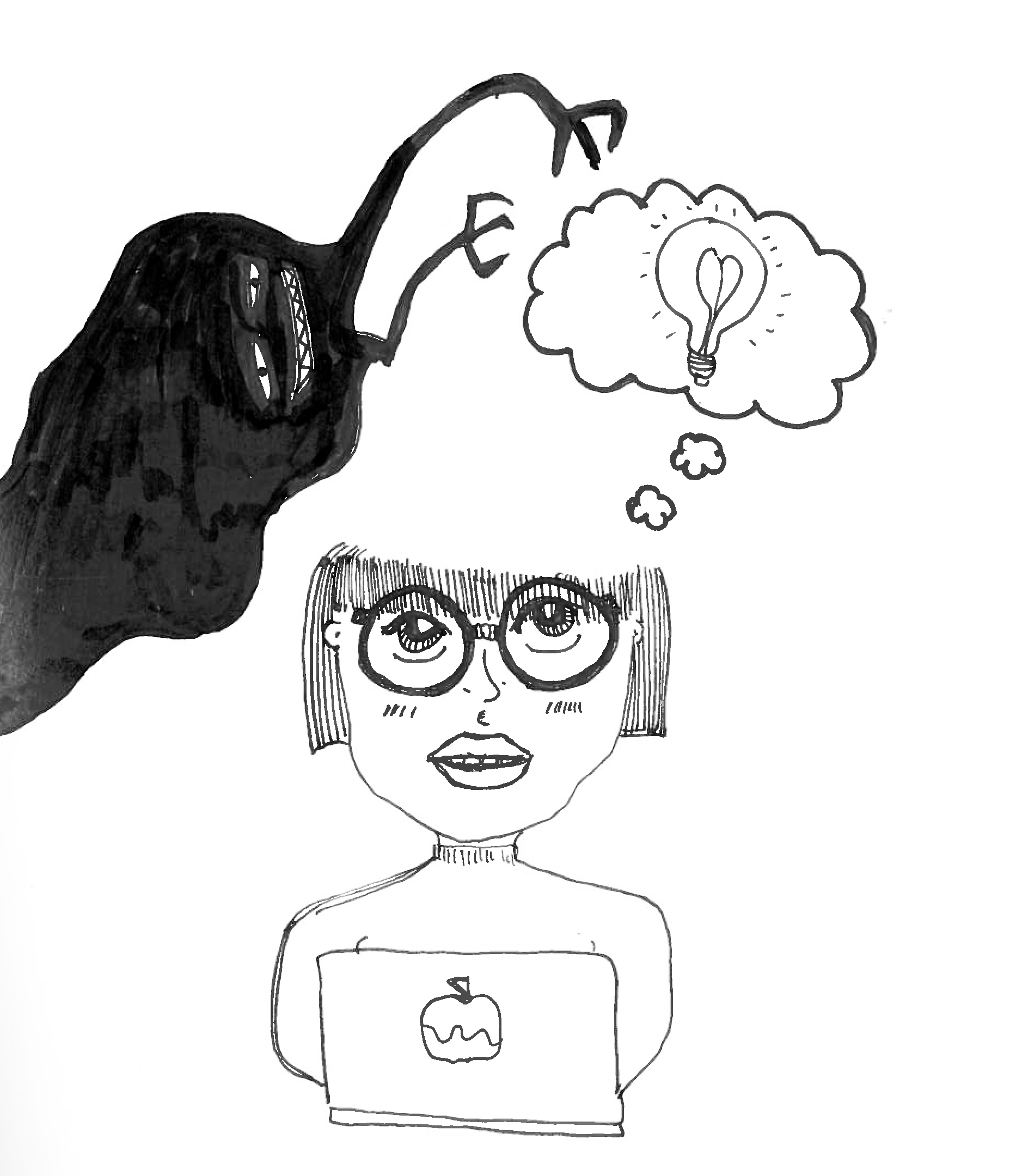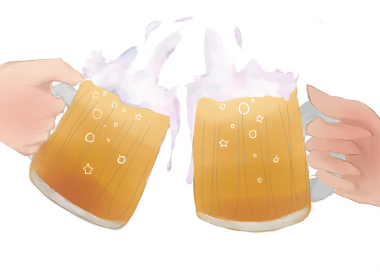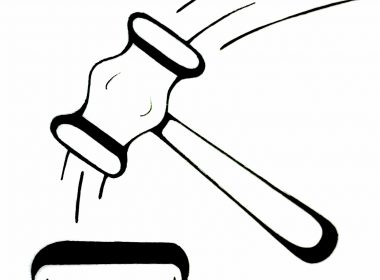It’s a scary time of year here on campus, and not just because many are feeling the effects of Halloween libations this past weekend. Students are also on edge because the season of midterms and final papers has arrived. Whether cramming for morning midterms or brewing a pot of midnight coffee while rushing to finish–or start–a paper that’s due the next day, it’s worth reviewing the following quick points on what McGill considers to be plagiarism.
What is plagiarism?
Plagiarism is passing off someone else’s words or ideas as one’s own. Whether another’s work is published or unpublished, a student risks being accused of plagiarism if they use another’s work without properly attributing it to the source where they found it.
What if a student accidentally plagiarized?
At McGill, plagiarism does not need to be intentional to be a disciplinary offence. The simple fact of using someone else’s work without proper attribution counts as plagiarism under article 16(a) of the Code of Student Conduct and Disciplinary Procedures. This is true even if the student didn’t realize they plagiarized..
What about sharing papers with friends?
Helping one’s friends is admirable. That said, lending assistance can be risky. Under article 16(b) of the Code of Student Conduct, it is a disciplinary offence for a student to share their work with another student if they know that the other student could use parts of that work within their own assignment. Pay close attention to the course syllabus and assignment instructions. In some cases, collaboration is explicitly prohibited—as is the case with many take-home exams, for example—while in other cases, collaboration with other students is encouraged, as long as the work each student submits is their own.
Are students allowed to reuse parts of an assignment they wrote for a previous course?
Not without the permission of the instructor to whom the present assignment will be submitted. According to article 17(c) of the Code of Student Conduct, it is a disciplinary offence to submit work for a current course if that work has already been submitted or given credit elsewhere—even if that wasn’t at McGill. The only exception to this rule is if the instructor has explicitly given a student permission to use something that was submitted in a previous course.
What happens if a student is accused of plagiarism?
Under article 37 of the Code of Student Conduct, instructors are not permitted to impose their own penalties on students for plagiarism; instead, all allegations of plagiarism are required to go through McGill’s formal disciplinary process. Most likely, a student would first learn that their assignment was being reviewed for plagiarism upon receiving a formal letter by email from a Disciplinary Officer—often the Associate Dean of the Faculty—inviting them to an interview. This letter would typically also indicate which article of the Code of Student Conduct the student has been accused of violating and would inform the student that they have a right to an advisor (e.g., from Student Advocacy at the Legal Information Clinic at McGill). Prior to the interview, the student can view the evidence in support of the allegation that they plagiarized. The interview is an opportunity for the student to explain the situation and for the Disciplinary Officer to then decide whether or not they committed plagiarism, and, if so, what the appropriate sanction should be.
If a student is accused of plagiarism, there is no need to panic. Students can seek help from Student Advocacy, a service provided by the Legal Information Clinic at McGill. Within the university context, Student Advocacy can advise students on their rights and how to navigate McGill’s network of policies and procedures, facilitate negotiation and discussion with university officials to informally resolve disputes, and represent students in formal university hearings.
How does a student avoid plagiarism?
Avoiding plagiarism starts with good study habits. When doing research for a paper or lab report, students should keep track in their notes of where they found each piece of information. Additionally, they should develop a system for recording when they have quoted directly from a source, as well as when they have paraphrased. Keeping such notes helps avoid the risk of later including something in the final product that was an unattributed direct quotation from another source.
Good writing habits are also key to avoiding plagiarism. When using someone else’s words, these words should always have quotation marks at their start and end. Bear in mind that changing a couple words of someone else’s sentence often isn’t enough to make it one’s own. Even small strings of words may need to be in quotation marks if a student read it somewhere else. If, instead, a student chooses to paraphrase what they read, they should make sure that they are expressing the idea completely in their own words. Regardless of whether a student is quoting or paraphrasing, every idea they find elsewhere must be attributed using the appropriate citation method for their assignment.
Student Advocacy is a service offered to McGill students by the Legal Information Clinic at McGill. Student Advocacy advises and represents students in their internal disputes with the university and its policies. If you need help from a Student Advocate, contact Student Advocacy with the directions found here. To learn more about your rights as a student more generally, visit McGill’s Student Rights and Responsibilities webpage or SSMU’s Know Your Student Rights resource.







